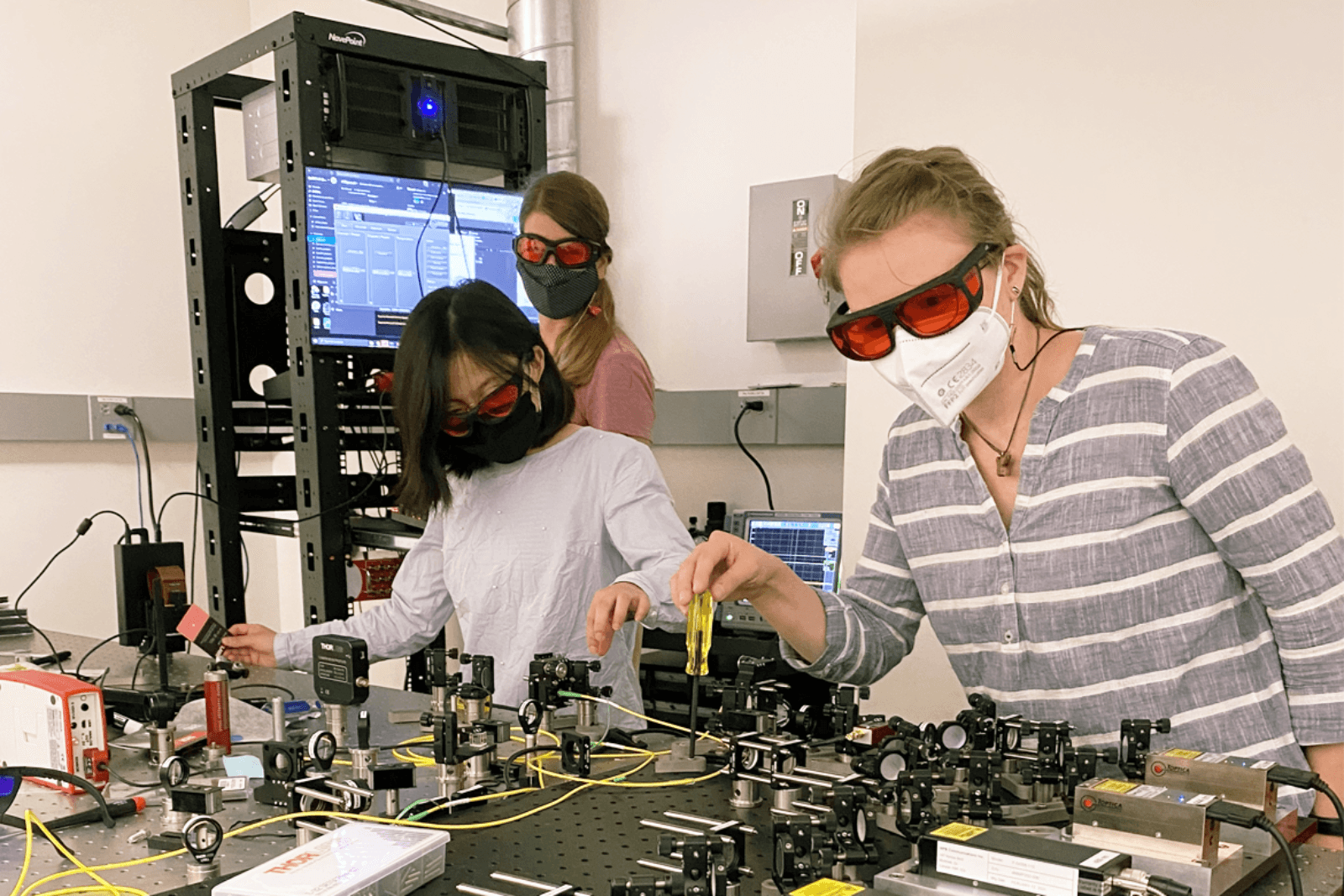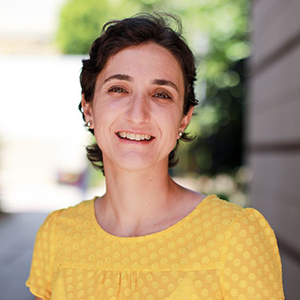First U.S. Quantum Biology Research Hub Established

For the first time, a U.S.-based quantum biology research hub has been established: The Quantum Biology Center at UCLA. The new center will increase the connectivity of the nascent quantum biology community across several axes: geography; cross-disciplinarity; integration between experiment and theory; research across different scales; and career stages, with an emphasis in training and integrating a young workforce of researchers.

Clarice D. Aiello, a California NanoSystems Institute member and UCLA assistant professor of electrical and computer engineering in the UCLA Samueli School of Engineering, will lead the Quantum Biology Center. Initial financial support for the center comes from the National Science Foundation, The Kavli Foundation, the Gordon and Betty Moore Foundation, and the D’Or Institute for Research and Education.
“We need young, diverse interdisciplinary scientists coming into the field,” said Aiello. “We need people in different fields who are comfortable communicating with one another. The center’s mission will be accomplished if our quantum biology trainees candidly ask questions and explore connections between fields.”
The Quantum Biology Center will begin its training programs by creating academic conferences focused on the field. Aiello also plans to develop a multidisciplinary summer school, partially inspired by summer sessions at the Marine Biological Laboratory at Woods Hole, Massachusetts, which offer intensive, hands-on courses for students and postdoctoral researchers.
Research activities at the center will be organized according to scale, ranging from nanoscale investigations examining phenomena at or below the scale of one-billionth of a meter, to physiological and clinical research examining whole organisms. The crucial intermediate scale — the least-studied — involves cellular activity and device engineering.
Quantum biology is an emerging field with rich potential to help explain phenomena such as magnetic field detection for animal navigation, metabolic regulation in cells, and optimal energy harvesting in photosynthesis. But to harness this potential, there are specific and significant challenges to overcome. Uniting observations of quantum biology phenomena across multiple length scales – from nanoscale to whole organisms – remain difficult. Scientific languages and methods are not thoroughly communicated across disciplines. And the community has traditionally operated in silos, generally by discipline, and has lacked a strong and growing young workforce.
The new center is poised to breakdown these barriers through interdisciplinarity, multi-scale approaches and close theory-experiment collaboration, and more.
Other research hubs around the world have been established to study quantum biology, and the quantum biosciences in general, in Japan, Germany, Denmark and the UK, which attest to the increasing importance of quantum biology as an emerging interdisciplinary science. But until now, the has U.S. lacked such a network.
The Kavli Foundation has been exploring opportunities to support research efforts in quantum biology that extend beyond those of its Kavli Institutes, such as at the Kavli Institute of Nanoscience Delft and UC Berkeley’s Kavli Energy NanoScience Institute, where researchers explore this field. Partnering to fund the first U.S. quantum biology center is an important and necessary step for science. The opportunity also directly aligns with the foundation’s mission to stimulate science in one of its for areas of focus, nanoscience, while identifying and supporting new, transformative research.